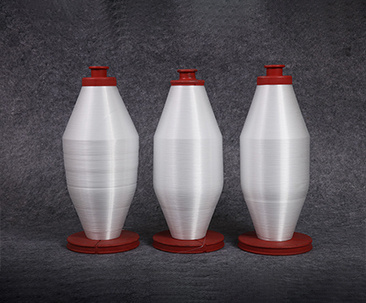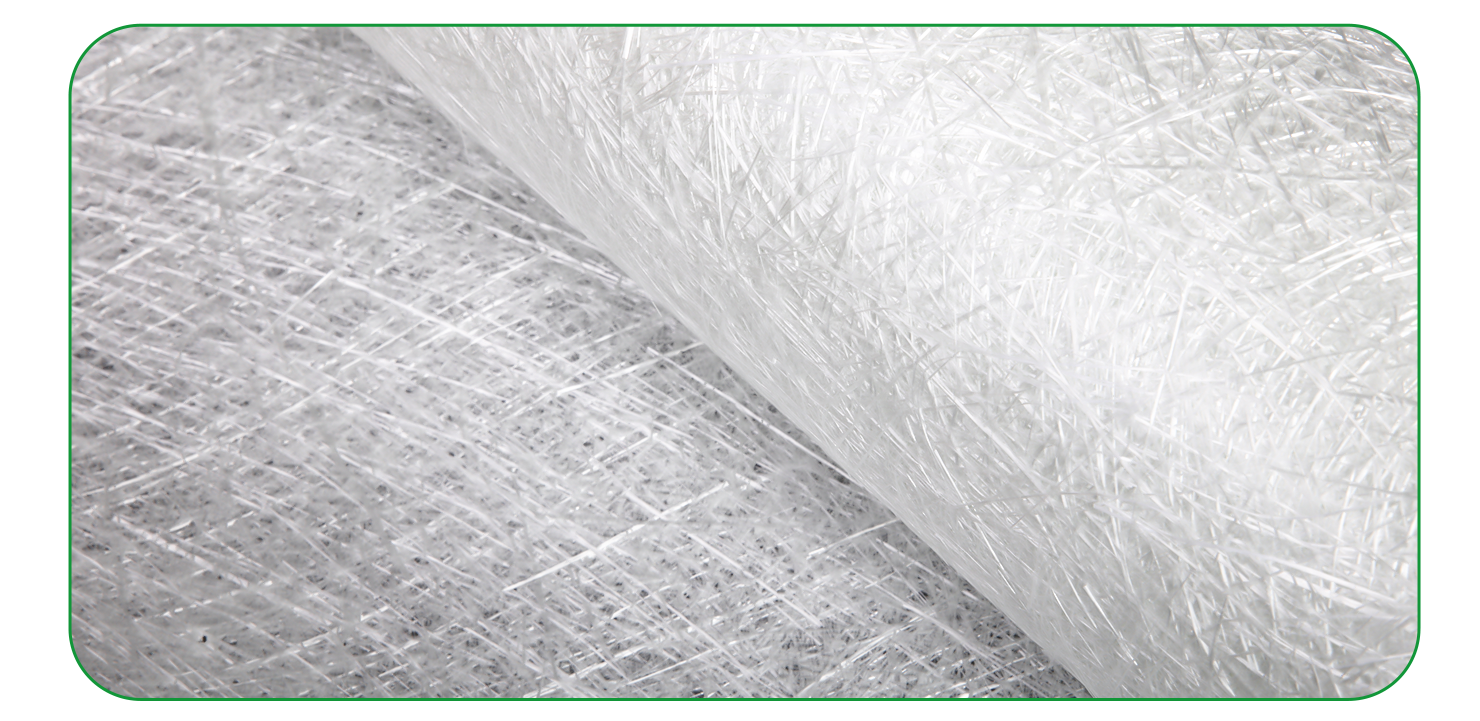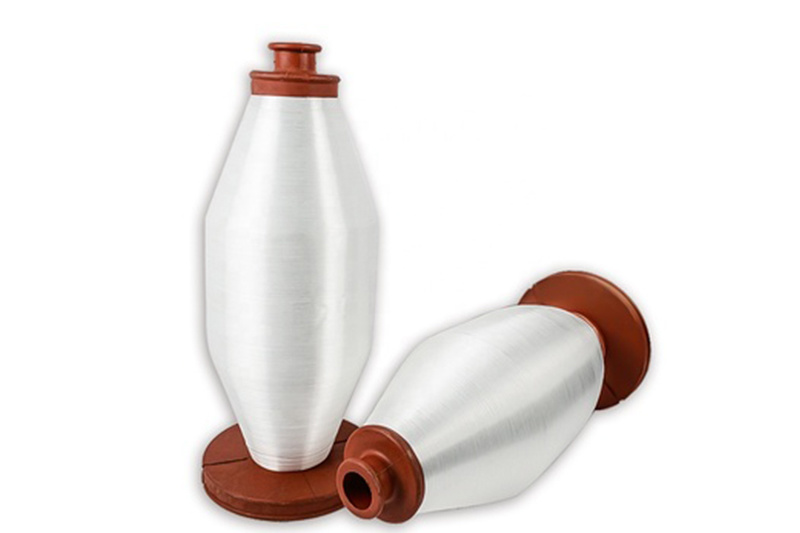Welcome To Hebei Xiongan Hengyun Technology Co., Ltd.
 Esperanto
Esperanto
 Shqiptare
Shqiptare
 Euskara
Euskara
 Zulu
Zulu
 Latinus
Latinus
 Cymraeg
Cymraeg
 தமிழ்
தமிழ்
 Slovak
Slovak
 Slovak
Slovak
 Afrikaans
Afrikaans
Fiberglass Yarn: Revolutionizing High-Performance Textiles
2025-06-20
Introduction
Fiberglass yarn, made from ultra-thin glass fibers, has become a cornerstone in modern industrial and commercial applications. Its unique combination of strength, flexibility, and thermal stability makes it ideal for demanding environments.
Manufacturing Process
Fiberglass yarn is produced by melting silica sand and other raw materials at high temperatures, then extruding them into fine filaments. These filaments are coated with a sizing agent for enhanced adhesion and spun into yarn. The resulting product is lightweight yet incredibly strong.
Key Advantages
-
High Strength-to-Weight Ratio – Stronger than steel yet significantly lighter.
-
Thermal & Chemical Resistance – Withstands extreme temperatures and corrosive environments.
-
Electrical Insulation – Non-conductive, making it ideal for electronics.
-
Flexibility & Weavability – Can be woven into fabrics or used as reinforcement in composites.
Applications
-
Aerospace & Automotive: Used in lightweight composites for aircraft and vehicle parts.
-
Construction: Reinforces concrete and insulation materials.
-
Electronics: Serves as a protective layer in circuit boards.
-
Protective Gear: Fire-resistant clothing and safety equipment.
Future Trends
With advancements in nanotechnology, fiberglass yarn is expected to play a bigger role in smart textiles and eco-friendly materials. Researchers are also exploring its use in renewable energy systems like wind turbine blades.
Conclusion
Fiberglass yarn continues to transform industries with its unmatched properties. As technology evolves, its applications will expand, reinforcing its status as a critical material in high-performance textiles.
Fiberglass yarn,high-performance textiles,lightweight materials,thermal insulation,corrosion resistance, industrial applications
Related news
Fiberglass Yarn: Revolutionizing High-Performance Textiles
2025-06-20
Fiberglass Chopped Strand Mat: The Versatile Foundation of Composite Manufacturing
2025-06-18
Fiberglass Fine Yarn: The Invisible Strength Behind Modern Materials
2025-06-17










